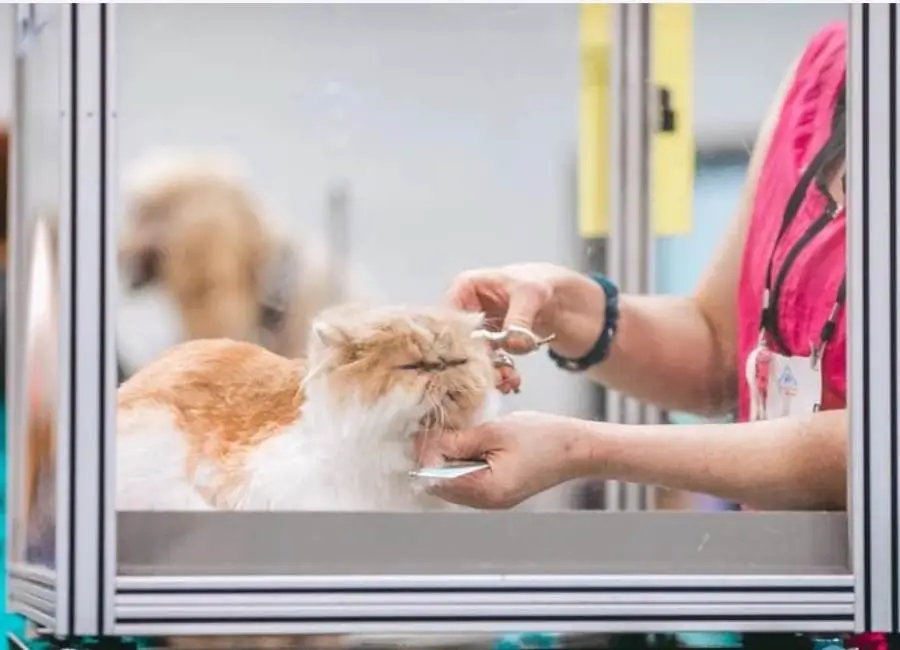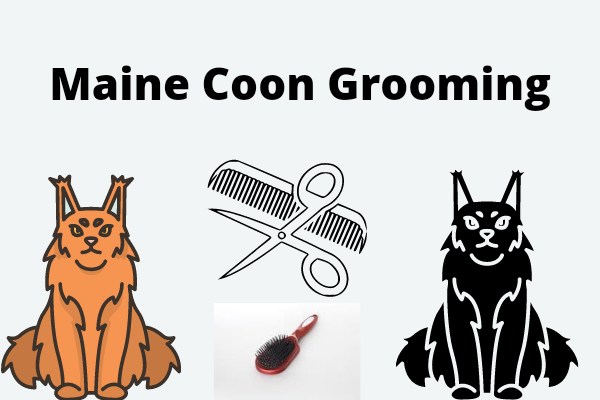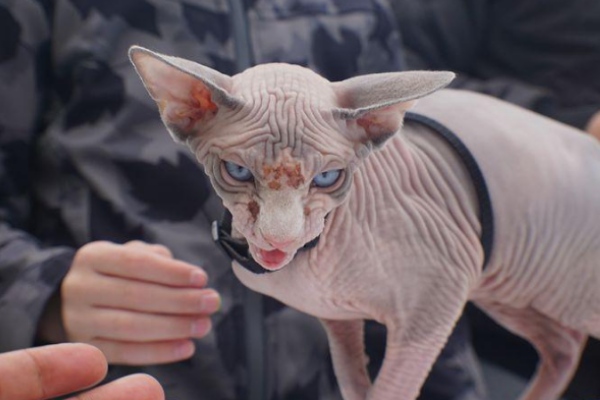How To Reduce Cat Shedding (7 Simple Tips)

Most cat owners are concerned with how to reduce cat shedding and that is exactly what this post is all about.
Nobody will enjoy having cat fur all over his house, this is why it is important for you to help your cat reduce the amount of hair it sheds.
There are many reasons why cats shed excessively some of which can be controlled while some are natural.
Let nobody tell you can stop your cat from shedding completely because you can’t, all you can do is reduce excessive shedding.
So let’s discuss how to reduce cat shedding…
How To Reduce Cat Shedding
The following are some common ways to reduce excessive shedding in cats:
Regular brushing
Weekly brushing in the direction of hair development will help eliminate excess undercoats and reduce shedding.
Once-a-week brushing can help identify skin conditions or fleas that might cause your cat to shed more and can help avoid excessive shedding.
In less than a month, you should see a difference if you brush in the direction of hair development using a wide-set comb, pin brush, or slicker brush where the cat seems at ease.
It is suggested that you regularly brush your cat’s fur. If that isn’t possible, make a weekly visit with your cat a priority.
Provide high-quality cat food
Keep an eye on your cat’s diet. A balanced diet encourages good skin and reduces shedding in all dogs.
A cat requires a balanced, nutrient-rich diet. The quality of your cat’s coat is mostly influenced by how well you feed it.
Feed your cat a well-balanced diet. This enables her to minimize even minute hair loss on the inside.
She will have the smoothest, healthiest hair and skin if she eats a cat chow high in Omega-3 fatty acids, oils, and minerals.
Before switching your cat’s diet, speak with your veterinarian.
Give your cat a bath once in a while
Place a large plastic bowl in your tub halfway full of warm water. You’re about to give your fluffy friend a wash.
If started early enough, washing most cats is met with favorable reactions.
Start giving your cat baths when she is still a kitten to help her get used to this aspect of her “beautiful” routine.
Her fur should be massaged with a light pet shampoo before being completely rinsed.
She should be wrapped in an old bath towel to absorb any extra moisture before having her fur dried in a chilly setting to keep her warm. At the absolute least, give her a bath once every month.
A well-groomed cat may be maintained to a great extent by bathing.
This may be more difficult stated than done because most cats detest being washed.
Keep your cat away from allergies
One of the most crucial things you can do to prevent your cat from excessively shedding is to address allergies.
Cats’ allergic reactions can result from a variety of circumstances.
Cat allergens are common and include pollen, mold spores, dust mites, and dead skin cells.
Keep a watch out for skin and hair problems in your cat since food allergies often show up as skin conditions or hair loss.
Always keep your cat hydrated
Cats should always have access to water since it can lower their body temperature.
This is crucial because dehydrated cats molt more frequently due to their dry skin and fur.
The likelihood of hazardous microorganisms being swallowed is decreased by keeping your cat’s water bowl clean and full.
Make sure your cats are only drinking pure water by regularly checking their water dishes.
Dehydration can result in unneeded health issues in addition to weight loss.
Don’t let your cat eat stale food
When cats consume table scraps or old food, they frequently experience stomach discomfort and excessive shedding.
Remember that cleaning up table crumbs on the floor might expose your cat to a bacterial infection.
Feeding your cat from a clean container is preferable to letting it eat on the ground, which is not a good idea.
Don’t let your cats move anything off the table while you’re eating, and if they do, don’t let it.
Due to the fragility of their stomachs, cats who consume leftovers or old food may vomit.
Reduce stress around your cat
Your cat will shed more fur than usual if it is scared or upset.
Additionally, they could overgroom themselves, leading to bald spots or itchy skin.
Avoid all types of stress since they could encourage cats to shed more than usual.
The following actions can be taken to reduce stress in cats:
- Don’t shout at your cat
- Stop changing meal time
- Avoid unnecessary changing of food.
- Avoid loud sounds or noises.
- Stop changing your daily routine.




![Why Is My Kitten Drinking So Much Water [9 Reasons] Why Is My Kitten Drinking So Much Water](https://petcreeks.com/wp-content/uploads/2023/12/pexels-helena-jankovicova-kovacova-16440316.jpg)

